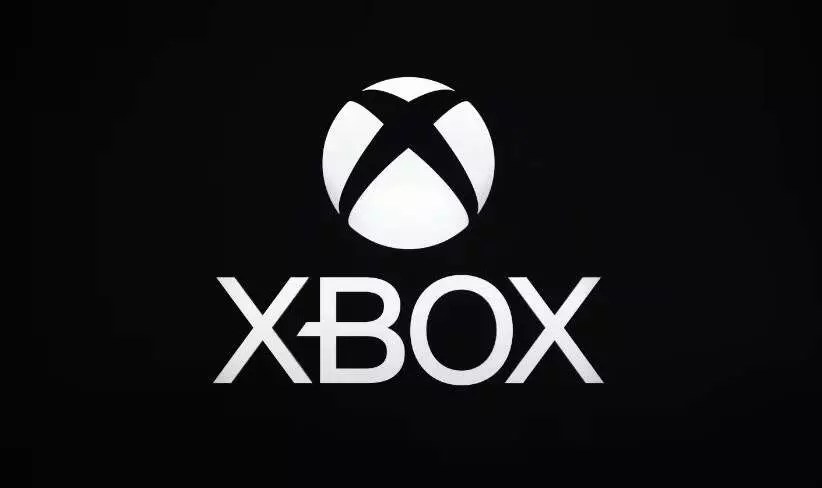The gaming industry is undergoing a transformative period, marked by changing consumer preferences and technological advancements. Phil Spencer, CEO of Microsoft Gaming, has expressed critical insights regarding the stagnation of the traditional console market. He highlighted that the growth trajectory of gaming consoles, including those from competitors like PlayStation and Nintendo, has plateaued. Instead of clinging solely to console sales, Microsoft is redirecting its focus toward expanding gaming accessibility via PC and cloud platforms. This paradigm shift reflects a broader trend: players are increasingly seeking the flexibility to engage with games across multiple devices instead of being confined to a specific console.
While Spencer’s remarks indicate a cautious view of the console market, they should not be interpreted as a signal for Xbox’s retreat from hardware production. In fact, Spencer assured that Microsoft has plans for future console development, which includes the anticipated next-gen Xbox, touted to deliver “the largest technical leap” in the brand’s history. This commitment to new hardware suggests that while the traditional console model is evolving, Microsoft recognizes the value of maintaining a robust gaming ecosystem through future device innovations.
There is also speculation regarding the creation of a handheld device, which points to Microsoft’s intent to diversify its hardware offerings. This ambition mirrors the rising interest in portable gaming solutions that cater to a mobile-first demographic, indicating that Microsoft is not merely following the current trends but is poised to be a leader in the innovation of gaming devices.
In his insights, Spencer made a notable observation regarding the necessity of mid-generation console upgrades, which have become standard practice for competitors like Sony. He argued that simply releasing more powerful hardware does not inherently equate to enhanced gaming experiences. The original leaps in console technology created tangible differences in gameplay, but today, players may not perceive the same value in incremental upgrades.
Moreover, the recent “This Is An Xbox” ad campaign emphasizes that Xbox transcends the conventional image of a gaming console. Instead of solely representing a physical unit, Xbox is redefining itself as a platform available across various devices, including smartphones and televisions. This shift in perspective underscores the notion that gaming experiences are increasingly defined by accessibility and community rather than the hardware used to deliver them.
Spencer’s reflections culminate in a significant understanding of the evolving gaming landscape: today’s major games and communities extend beyond any singular platform. He advocated for a vision of Xbox centered not around specific devices but around the games, characters, and worlds they create. This multi-platform ethos aligns perfectly with the rising trend toward cross-platform play and the increasing significance of game subscription models like Game Pass.
As more players embrace flexibility in how they experience games, Microsoft’s forward-thinking strategies may position it well within a landscape that values inclusivity over exclusivity. The transition to a device-agnostic mindset could ultimately redefine what it means to be a gamer in an increasingly interconnected world, where access to diverse gaming experiences remains paramount.


Leave a Reply